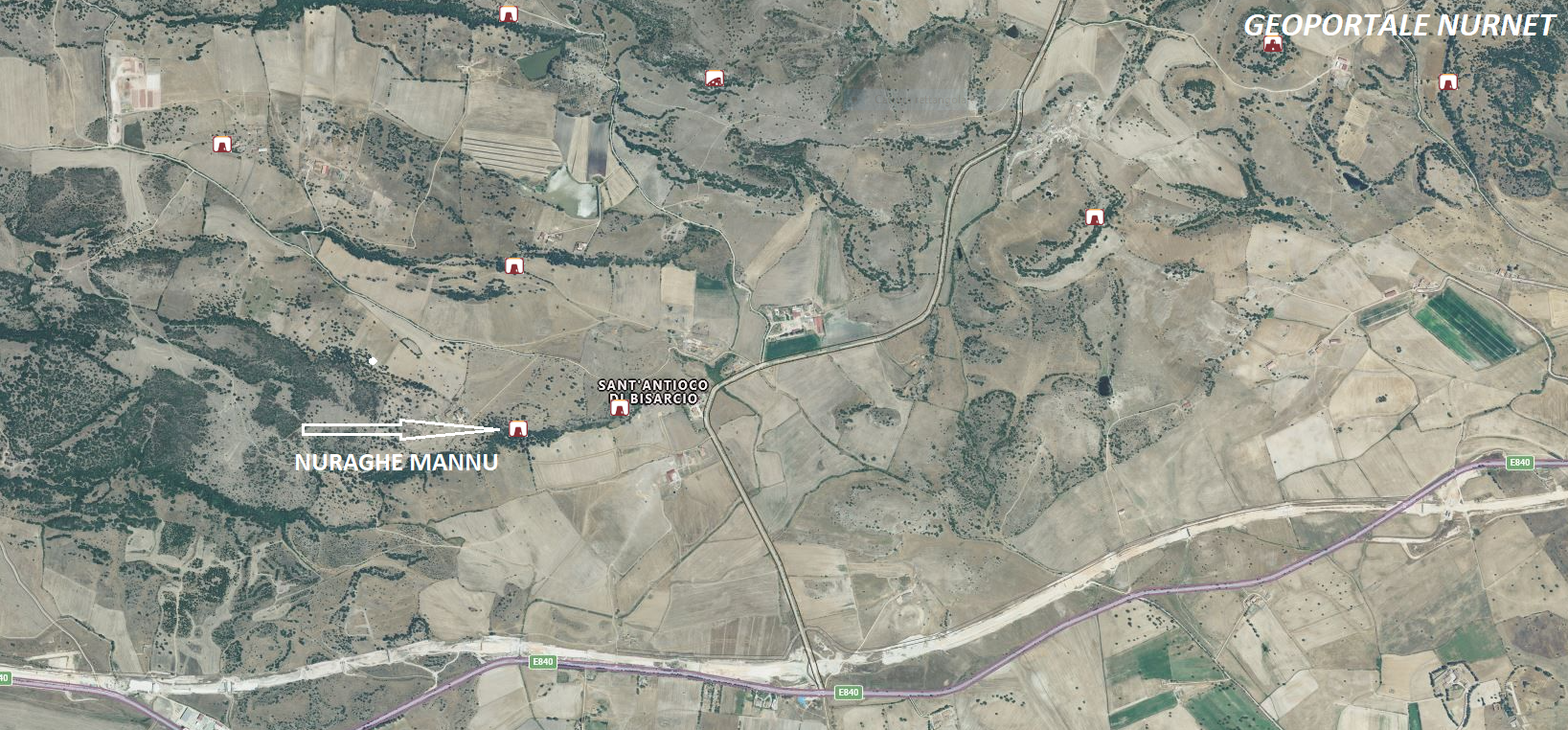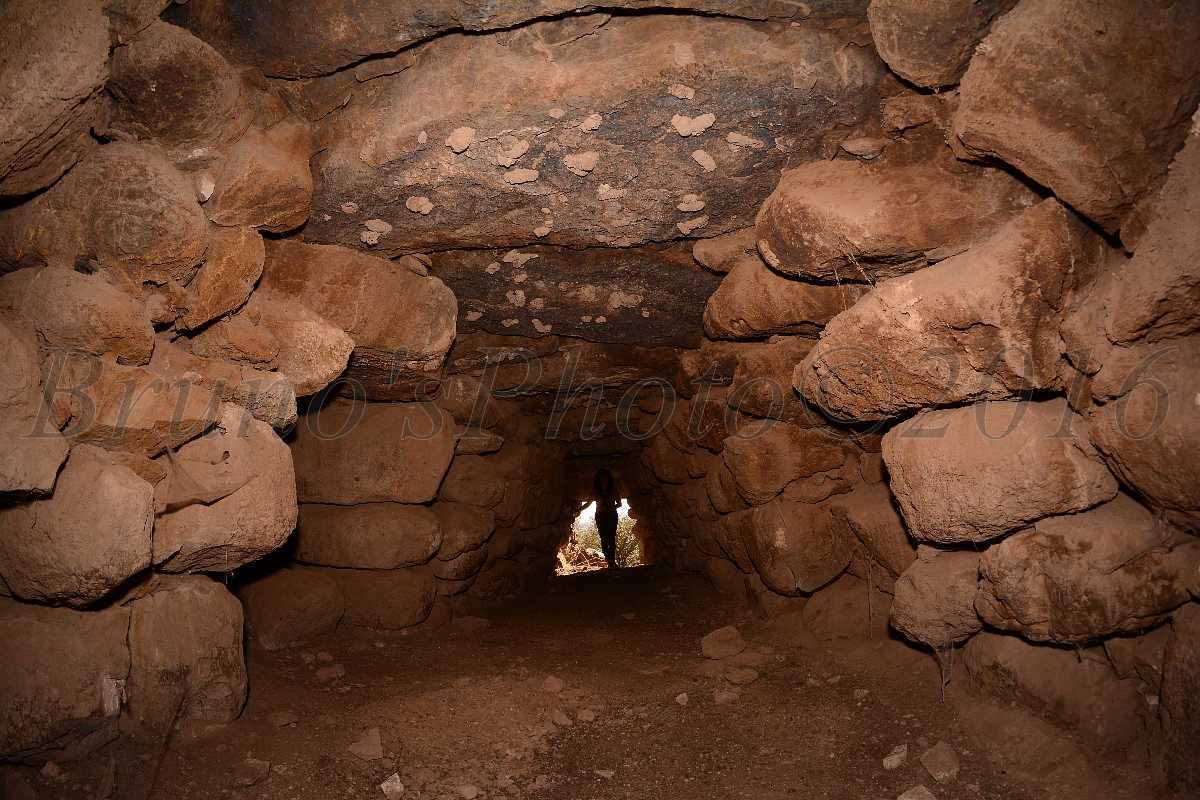To unplug a bit and indulge in some fantasy, we allow ourselves to publish a little story, previously proposed by our friend Piera Farina Sechi:
<< … the sound of agony echoed throughout Ozieri on the morning of January 24, 1864.
“And who is dead?” most people asked in the streets of the town.
“Anghelu Niedda!”, they replied!
“Oh, poor thing!”.
Anghelu was a shepherd from Ozieri, married and father of two little girls, a very religious man, devoted to work and family. He had a small farm near the church of Sant’Antioco di Bisarcio, in the plain of Ozieri, where he raised cattle. He often shuttled between Ozieri and his farm on horseback! That morning, as he was almost arriving in Ozieri at a gallop, he fell, dying instantly.
Anghelu was running to bring fresh milk to his eldest daughter, who had not been feeling well.
“And now? How will Lucia manage, now that she is left alone with two daughters to raise?”
These were the words circulating in those days in Ozieri; a mourning Ozieri. Anghelu was very loved, and his departure brought sadness to everyone’s hearts. For Lucia, a very difficult period was beginning. She was already living a poor but dignified life; now, however, everything would inevitably worsen.
Although crushed by her grief, Lucia had to take back control of her life and that of her daughters.
Remedia and Antonia were in elementary school, but the serious problem was how to keep the farm going; who could help her? For now, temporarily, her brothers were giving her a hand, but for how many days? Fortunately, one cold morning in early February, a young shepherd, Antiogheddu Palmas, appeared at her door, offering to help her with the farm work and milking the cattle; he did not ask for money, but only for a roof and a warm meal! Lucia accepted.
In their farm, there was a small, very welcoming pinnetu; that would be the new home of the “shepherd servant”. Thus began a wonderful collaboration between Lucia and Antiogheddu. The days for the young widow passed between tears, pain, and infinite sadness; her beloved husband had left an unfillable void in her life.
One summer night while Lucia was busy reciting the rosary, there was an insistent knock at her door. Frightened, she rushed to the door and asked who it was! “Open, it’s Antiogheddu, open”.
“What’s wrong?” Lucia asked.
“You must come quickly to the farm, there are things happening that I don’t like, you must come! Tomorrow at eight in the evening, I’ll come with the cart and we will go see!”
“Of course!” Lucia replied, visibly frightened, “Tomorrow at eight, I will be here waiting for you!”
That night, the young widow couldn’t close her eyes; she kept brooding, unable to understand what was happening in her farm.
Eight o’clock arrived, and, with the precision of a Swiss clock, the cart driven by Antiogheddu passed by. The two remained silent until they arrived at the farm.
In the widow’s property, there was a large Nuraghe, called Nuraghe Mannu. Once they arrived in front of the prehistoric monument, Antiogheddu said: “Look, Lucia, every evening, at sunset, I see lights illuminating the interior of the Nuraghe; I have been observing them for some time. And, as soon as I get close, I hear voices, shrill voices of women telling stories. They disappear with the rising sun and reappear every evening at sunset. I don’t know, I tried to peek during the day, but there is no one… I haven’t gone further, then you are the owner, it’s up to you to check!”
That night, Lucia stayed a while observing the light coming from the Nuraghe and listening to the voices! The voices were conversing among themselves, but nothing of what they were saying was understandable. The two returned to Ozieri without saying a word. Lucia went home, but even that night she couldn’t sleep! Who were those women? And what were they doing in her home? And… what did they want from her? She had to know more.
Lucia informed Antiogheddu that they had to return to Nuraghe Mannu as soon as possible. And so it was. One of the following evenings, Antiogheddu passed by with the cart to take Lucia back to the farm.
As they headed towards the Nuraghe, Lucia made the shepherd promise not to say anything to anyone. Lucia got off the cart, arranged her shawl on her head (the hem of the traditional historical dress of Ozieri that on this occasion served as a cloak) and, with the rosary in her pocket, headed towards the Nuraghe. Antiogheddu took up a rifle and followed her.
They entered the Nuraghe; the voices grew louder, and the lights became increasingly intense. Scared and astonished, they found themselves in front of several elderly women dressed in black who were giggling, seated in front of “unu foghile” (a hearth) that emanated a very strong light. In the center, the widow noticed a treasure and recognized several figures of women who had died long ago.
Some of them asked her: “What do you want? Go away!”
And Lucia replied: “I came to take what belongs to me.”
And the women, laughing, answered: “Here, there is nothing that belongs to you!”
Lucia took out the rosary from her pocket and held it over the treasure, saying: “HEART, HEART, HERE IS A TREASURE, THE TREASURE IS MINE BECAUSE GOD GAVE IT TO ME.”
Suddenly, those infernal souls vanished, the lights went out, while a white spirit approached her and said: “Do not do it, Lucia, do not take the treasure; it is cursed! If you take the treasure, you will lose a greater one!”
“Shut up!” Lucia shouted, while Antiogheddu, absolutely incredulous, admired the treasure. This was nothing but a chest full of bronze figurines, jewels, and Nuragic ingots! And now? What to do with that treasure? They covered everything with dirt and returned to Ozieri. The next morning, early, Lucia went to see the parish priest, Don Mariano.
But Don Mariano could not help her… he said: “I care for souls, not treasures; gold and money belong to the devil!” The priest, however, advised her to go to the notary Soro… perhaps he could help her. And so it was: notary Soro took on the task of selling the treasure. He had contacts in distant Switzerland, where he went with Lucia and the treasure. He managed to sell everything, and Lucia, from being poor, became, in no time, extremely rich. Despite the bad omens, she was happy; on the return trip, she dreamed of buying a nice house, a larger farm, and realizing many other little dreams.
But the return home was not what she had hoped for; her eldest daughter, who had always had poor health, was very ill. “Unexplained illness” was the diagnosis. The evening of her mother’s return from Switzerland, she passed away.
Lucia remembered the words of the white soul, who among the other black souls begged her not to take the treasure, for if she did, she would lose a greater treasure.
This is one of the few legends still passed down in Ozieri. And in legends, as we know, there is much fantasy but also a touch of truth… true and still existing is Nuraghe Mannu, a majestic proto-nuraghe later expanded with the construction of various tholos…>>
The photos of Nuraghe Mannu of Ozieri are by Piera Farina Sechi, Bruno Sini, and Peppino Carrone.










